Reached 52°C: Hundreds of Pilgrims Reported Dead Due to Extreme Heat; Many Still Missing
Jamil Abu Al-Einin, General Supervisor of the General Administration of Emergency, Disaster, and Ambulance Transport at the Saudi Ministry of Health, stated that the authorities did not observe any unusual deaths among pilgrims who performed the Hajj this year, despite extremely high temperatures.
In statements to Reuters, Abu Al-Einin said, "We did not observe, anything abnormal or any deviation from the normal numbers of medical cases and deaths."
He added, "The ministry has provided healthcare to over 2,700 pilgrims so far about the high temperatures
Earlier, Saudi television reported that pilgrims during this Hajj season faced extremely high temperatures, reaching 51.8°C in the shade, causing the deaths of dozens of pilgrims.
As pilgrims concluded their rituals, Agency France-Presse (AFP) reported on Wednesday that the total death toll for this season has risen to over 900 people, mostly Egyptians, and primarily due to heat-related causes. Additionally, many are still searching for their missing
relatives and friends.
AFP quoted an Arab diplomat, who requested anonymity, stating that the death among Egyptian pilgrims has increased to "at least 600," following an earlier report by two Arab diplomats confirming the deaths of 323 Egyptians.
The source added that "(all new fatalities) are due to the heat."
The agency reported that this raises the total death toll to at least 922, based on figures announced by the concerned countries and diplomats, most of whom did not specify the causes of death.
It added that this number also includes 68 Indians, 60 Jordanians, 13 from Iraqi Kurdistan, 11 Iranians, and 3 Senegalese.
Data from the Indonesian Ministry of Health on Tuesday showed that 144 Indonesians died during the Hajj. The data did not specify if any of the deaths were due to heatstroke.
The Tunis Afrique Presse (TAP) agency reported that 35 Tunisian pilgrims died while performing the Hajj rituals.
Family members, via social media, said the deaths were due to extreme heat, while other families continue to search for their relatives in Saudi hospitals.
Meanwhile, the Jordanian Ministry of Foreign Affairs stated on Tuesday that it issued 41 burial permits for Jordanian pilgrims in Mecca.
Meanwhile, the Islamic Republic of Iran News Network reported that 11 Iranian pilgrims had died, and 24 others were hospitalized, without mentioning the causes of death.
New Challenges
Stampedes, tent fires, and other incidents have caused the deaths of hundreds of pilgrims over the past 30 years.
The Saudi government has responded by constructing new infrastructure. Authorities now face new challenges in dealing with extreme heat waves, which climate experts attribute to climate change that has noticeably affected Saudi Arabia and Middle Eastern countries early this summer.
Pilgrims used umbrellas to protect themselves from the sun, while Saudi authorities issued warnings about the high temperatures and advised them to stay hydrated and avoid going out during the hottest hours of the day, between 11 a.m. and 3 p.m.
The Saudi Minister of Health, Fahd bin Abdul Rahman Al-Jalajel, announced the success of implementing health plans for this year’s Hajj season 1445 AH, indicating that it is free of any outbreaks or threats to public health despite the large numbers of pilgrims to the, and the challenges related to high temperatures.
He stated that the Kingdom’s health system was prepared, with 189 hospitals, health centers, and mobile clinics, having a bed capacity exceeding 6,500 beds. The system included more than 40,000 medical, technical, and administrative staff, and volunteers, over 370 ambulances, 7 air ambulances, 12 laboratories, and 60 trucks, as well as 3 mobile medical warehouses distributed across the holy sites.
He explained that more than 390,000 pilgrims received healthcare services, with over 28 open-heart surgeries, more than 720 cardiac catheterizations, and over 1,169 dialysis sessions conducted. Additionally, more than 5,800 pilgrims received virtual services through the virtual hospital, and direct assistance was provided for cases of heat stress, with necessary medical services administered to them. He noted that proactive awareness efforts contributed to limiting the increase in the number of cases.
Source: Agencies
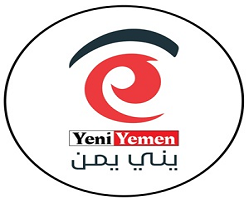

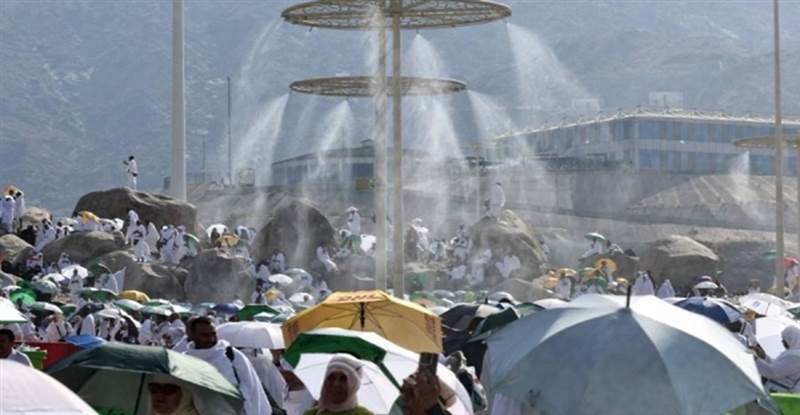
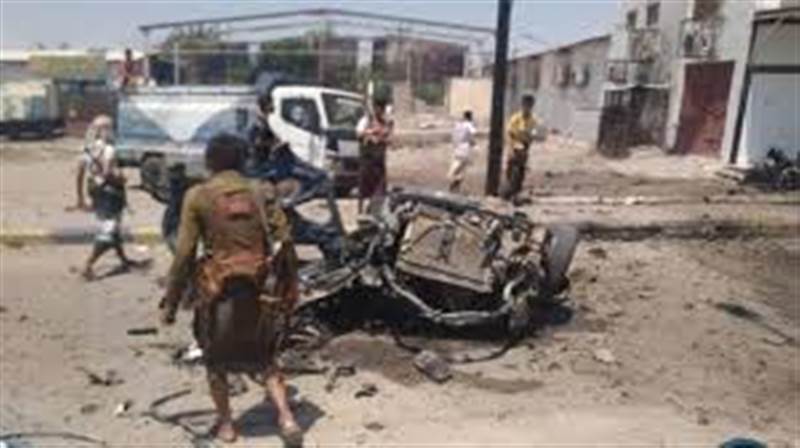


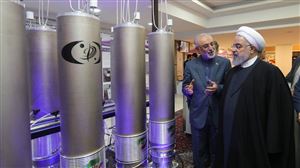

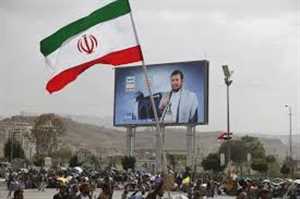
Comments